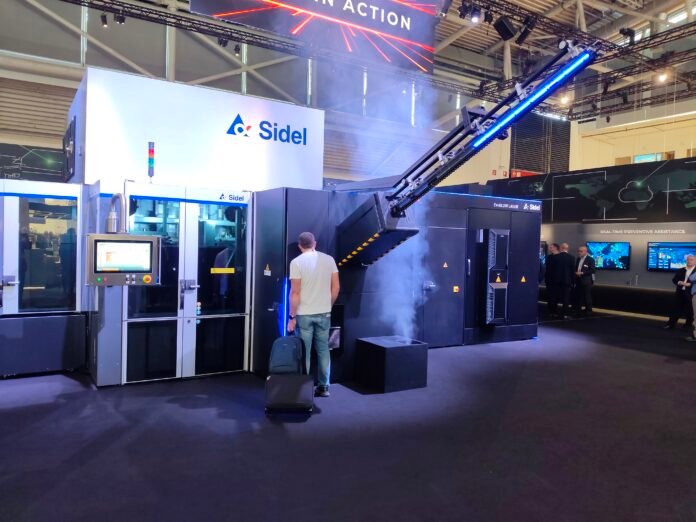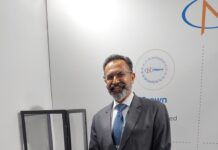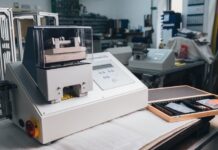At drinktec 2025 in Munich, Sidel made one of the event’s most significant announcements with the launch of the EvoBlow Laser, the world’s first industrialized laser-powered PET blower. The new technology represents a generational leap in packaging efficiency, precision and sustainability, redefining lightweighting for both PET and recycled PET (rPET).
EvoBlow Laser, showcased at hall A6, stand 361, marks a decisive move away from traditional halogen-based heating systems, which have long dominated PET production. The laser-powered solution delivers up to 30% energy savings, eliminates the need for cooling fans, and dramatically enhances control over material distribution.
In an interview with Packaging South Asia at the show, Piero Zamboni, digital channels & PR manager at Sidel, described EvoBlow Laser as a “blower machine powered by laser” — a reimagining of the preform-heating process that sits at the heart of bottle production. “Every blower on the market today uses halogen lamps to heat the preform. We’ve replaced those with laser diodes,” he explained, highlighting the resulting gains in efficiency and precision.
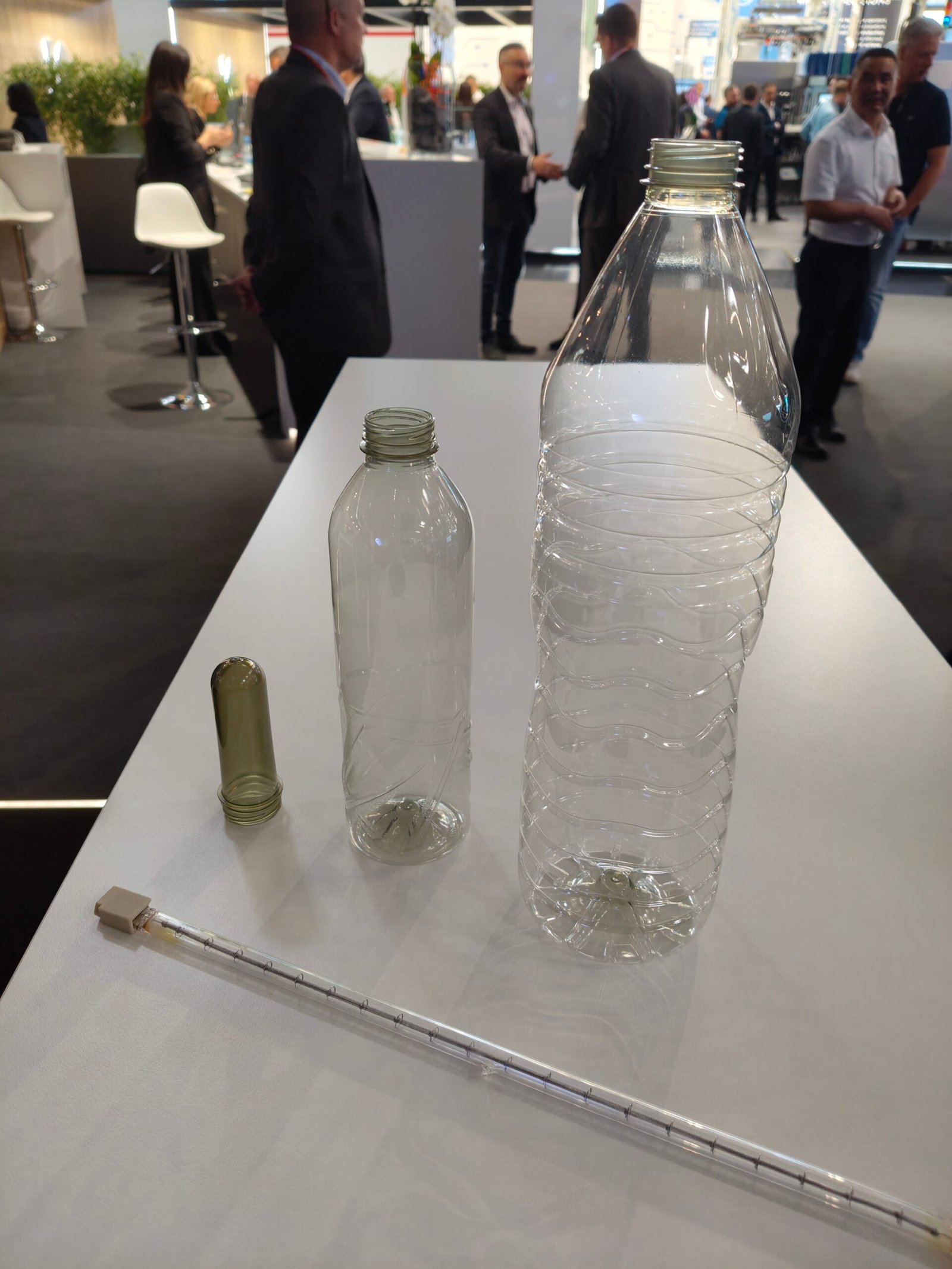
Unlike halogen lamps, which emit broad and diffuse heat, the EvoBlow Laser employs up to 36 independent heating lines compared to the eight typical in halogen ovens. Each laser line can be individually modulated, allowing exact thermal control of every section of the preform. This precision enables both lighter and stronger bottles, solving a long-standing paradox in container design.
Zamboni noted that with this fine-tuned heating, Sidel can optimize PET thickness along the bottle to form what he described as invisible “power rings”—reinforced bands of material that enhance rigidity and stability without affecting appearance. “This precision allows for lightweighting even in areas previously considered too delicate, such as beneath the neck,” he said.
The result is not just material reduction but measurable performance improvement. A 500ml bottle produced on EvoBlow Laser weighs 16 grams, compared with 20 grams on a traditional halogen blower—a saving of 4 grams per bottle. “It’s not just about using less PET; it’s about making smarter use of it,” Zamboni added.
The laser technology also transforms operational performance. Traditional halogen systems require lengthy warm-up and cool-down cycles and are sensitive to temperature changes in the production environment. The laser oven, by contrast, operates at ambient conditions and can start instantly from cold, maintaining consistent quality from the first bottle to the last. “With lasers, you simply turn it on or off. There’s no downtime, no stabilisation period. It’s a game-changer for productivity,” Zamboni said.
Sidel’s engineers have further integrated live speed modulation, enabling the machine to automatically adjust blowing speed in real time to match changes on the production line—boosting efficiency and reducing stoppages. Maintenance is simplified, too, since the laser system has no ventilation fans, filters or fragile bulbs to replace.
The EvoBlow Laser supports the increased use of rPET, thanks to its ability to handle variations in recycled material quality with stability and ease. Its faster and more precise heating also improves stretch performance and reduces preform waste, while the smaller oven footprint contributes to sustainability and floor-space savings of up to 20%.
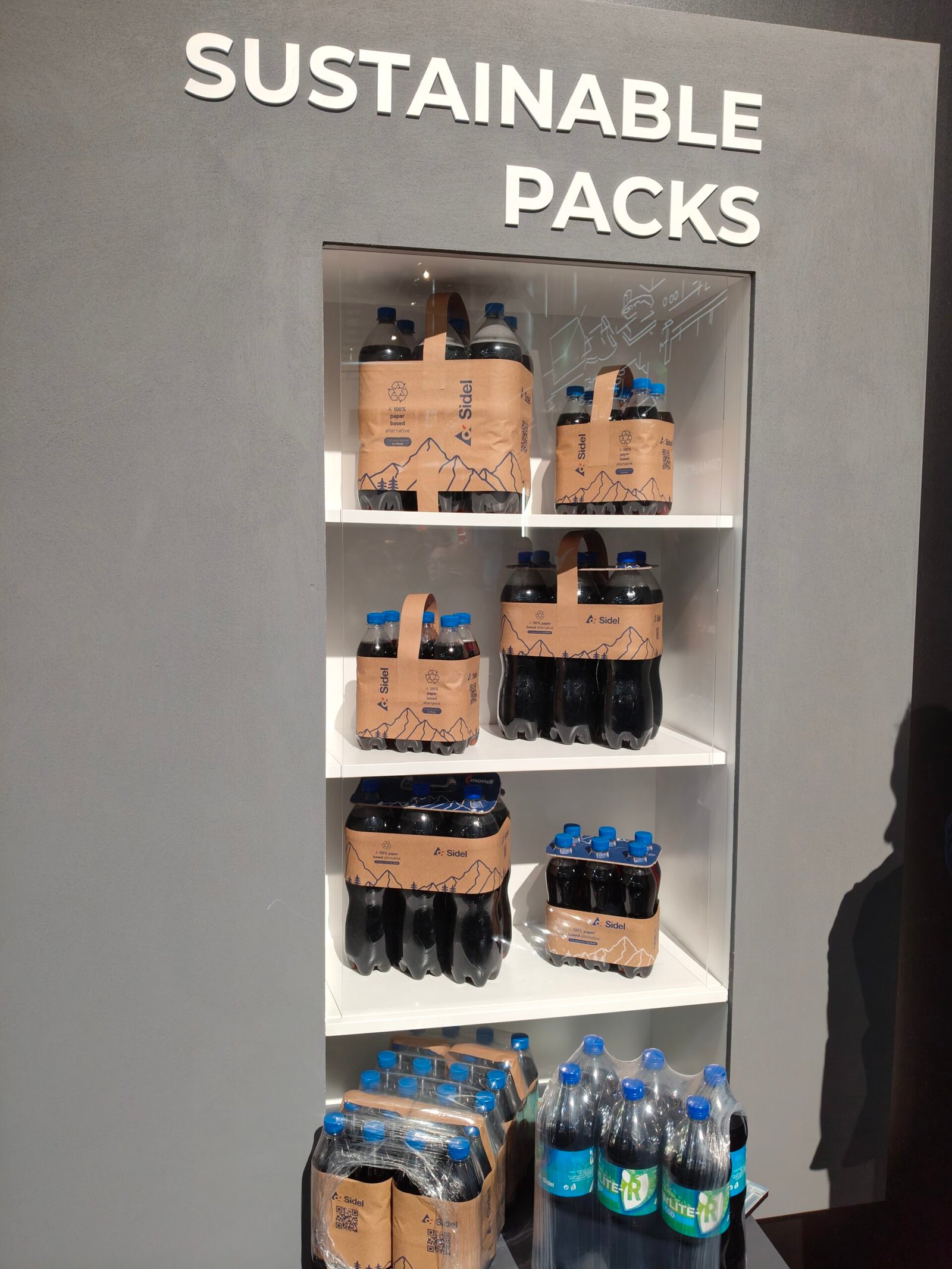
The technology has already seen commercial deployment at Refresco’s facility in Germany, where it has been operating since late 2024. The installation served as an industrial validation of the laser system under high-volume conditions, with impressive energy savings and operational stability. Refresco representatives attended Sidel’s stand at drinktec to share their experience, confirming the system’s readiness for full-scale market adoption.
Beyond the headline launch, Sidel presented complementary solutions under its NextLENGHT initiative—a holistic approach to maximising packaging line efficiency. Among them were EvoFilm Stretch, which replaces traditional heat-shrink overwrapping with an energy-efficient stretch film, and JustLabel, a flexible labelling system allowing partial labels as short as 20 millimetres, cutting film use and cost while boosting productivity.
Together, these developments embody Sidel’s vision of doing more with less—streamlining operations, cutting waste, and lowering total cost of ownership by up to 15%, while achieving 20% packaging material reduction and 37% less waste across the line, Zamboni said.



